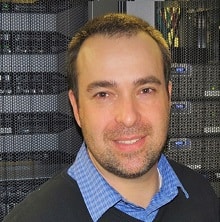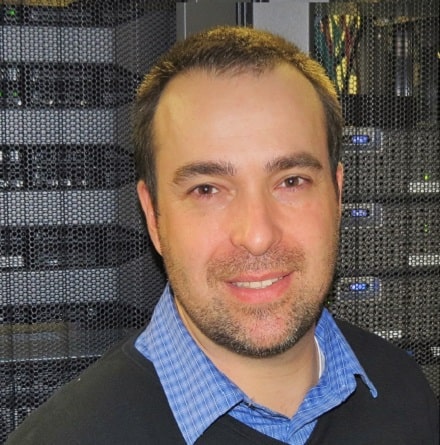Inside Angle
From 3M Health Information Systems
Blockchain: The potential to disrupt complex health system relationships
What if the only way to create complete healthcare relationships among providers, payers, and patients required something different than what has been tried in the past? And, instead of policy or reimbursement strategies the catalyst to accomplish accountable care, bundled payments, accurate and quality care, was in fact, a technology? A new technology that if enabled, can potentially put the power of the electronic medical record and data into the patient’s hands.
Let me introduce you to blockchain.
Blockchain in its most basic sense is a distributed system that securely stores records and transactions. It began to track bitcoin and other cryptocurrency transactions chronologically and publicly. Data is shared from peer to trusted peer in immutable transaction blocks that are linked and stored in a distributed model. The logs are not centralized and there is no central authority. Each of these blocks contain a ledger, and as that ledger is updated (i.e. a patient interaction) the blocks share these updates using established cryptographic techniques to exchange information and store it. Transaction updates do not occur until the network of blocks verify it, and once the update occurs the ledger cannot be altered unless all linked blocks collude and form a majority.
Think of it this way: If a patient visits provider A, then a pharmacy B, a specialist C, then pharmacy B again, as each encounter occurs, all the transactions of that encounter are logged into a ledger within each block as they securely update each block (more on how this is done in a later blog). If the patient in this case trusts the network of blocks (i.e. an in-network insurance partnership of providers, pharmacies, etc.) the result is a chronologically perfect narrative of care.
There is of course complexity around “orphaned blocks,” the practical example being an encounter not technology enabled with the block technology, an “out of network” provider, etc. These orphans, if the software of healthcare enabled chain was done well, could be voted in or discarded appropriately. The patient could have a portal to view all the blocks, approve blocks or transactions to get added in, completing their healthcare record.
The payer in a blockchain enabled ecosystem could have access to all the data in near real-time—perhaps even simplifying the coding and reimbursement processes, certainly enabling transactional reconciliation like banking (remember when checks would take weeks to clear?). Categorizing risk could be as simple as analyzing a blockchain formation.
The physician could view a live ecosystem of care, with a pulse of information as complex as a nervous system of timeseries data, finally providing a longitudinal record to service patients in need of extreme care with immediate history.
Data scientists could crawl this data and discover whatever complex formulae create outcomes, publishing their bios and ideas with visibility to patients that can opt in for their own information to be analyzed. Who needs a second opinion when you can have dozens?
Patients may be able to opt out of “sharing” their data. Like Facebook, what if the patient had the ability to technologically enforce and approve “who” gets to see their medical record or transactions? Instead of trusting in their provider, the covered entity and their numerous business associates, the payers and their business associates, the subcontractors and third parties, the fourth parties and so on, the patient would have the ability to simply share or make private your healthcare information as if it were a social network?
Gone would be the days where relational databases storing massive amounts of data aggregate and store, increasing in mass and gravity until the days come when technical stewards forget their original purpose.
The capabilities of blockchain are vast, and potentially disruptive. If you haven’t thought about blockchain think about it soon. As foreign as self-driving vehicles, drones delivering your packages, grocery shopping without pausing at a register, so too will health care be simplified.
AJ Dandrea is operations manager of the cloud hosting organization at 3M Health Information Systems


